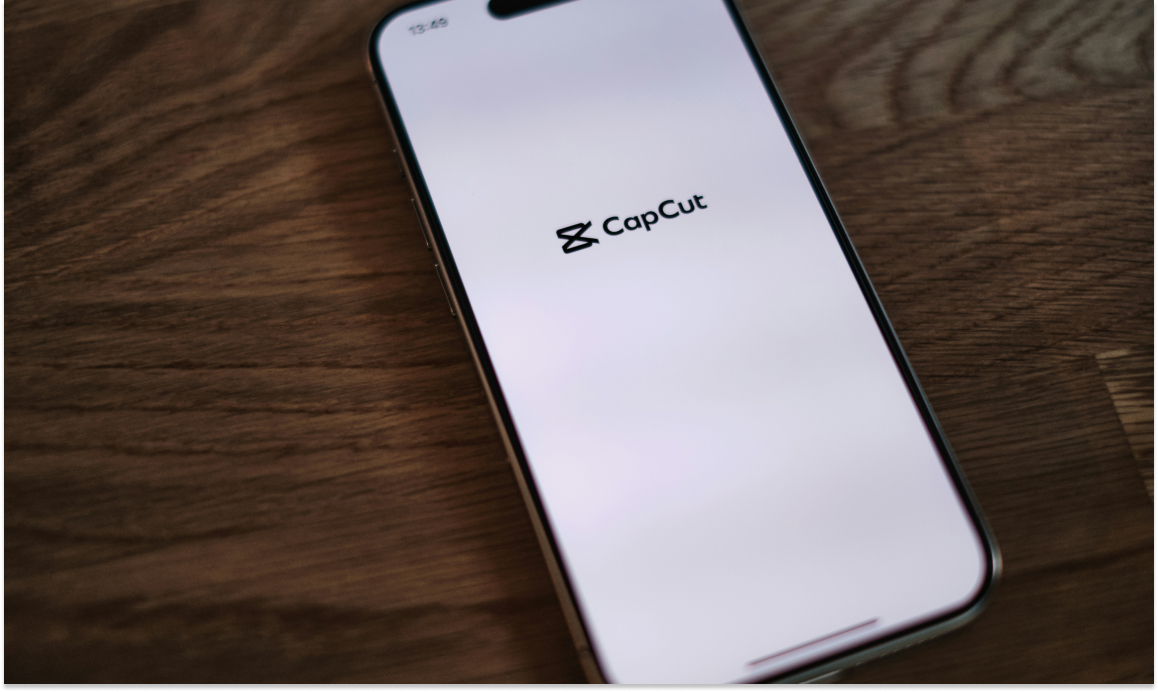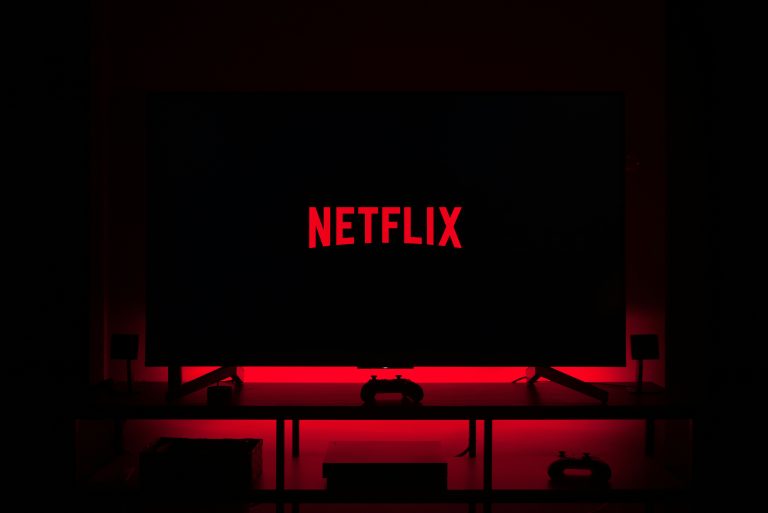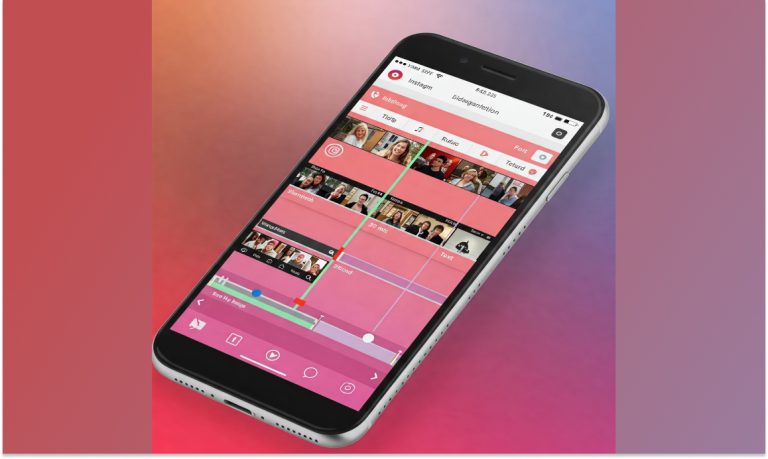
As a CTO deeply embedded in the digital ecosystem, I’m constantly tracking shifts that impact the creator economy. A major development just dropped that has many African creators, skit makers, TikTok influencers, and small businesses buzzing, and not in a good way; CapCut, the wildly popular video editing app owned by ByteDance (TikTok’s parent company), quietly updated its Terms of Service (ToS) on June 12, 2025.
This isn’t just a minor update; it’s a significant policy change that grants CapCut, and potentially its affiliates, extensive, perpetual, worldwide, and royalty-free rights to user-generated content.
What Does This Mean for You, the Creator?
Here’s the breakdown of the most critical implications:
- Broad Content Usage Rights: By simply uploading or editing content within CapCut, you are essentially giving the company an unconditional license to “use, modify, adapt, reproduce, make derivative works of, display, publish, transmit, distribute and/or store” your content. This applies to your video clips, music overlays, and even drafts you never publicly post.
- Monetization Without Compensation: The terms allow CapCut to use, sell, or republish your media on third-party platforms, or even in advertisements, without notifying you, crediting you, or compensating you. This is a major point of concern for creators whose livelihood depends on their content.
- Waiver of Personal Rights: You waive rights to prior inspection or approval of how your content is used in marketing or promotional materials. Furthermore, you effectively waive “moral rights” you may have over your creations. CapCut can also use your name, image, and likeness to identify you as the creator, without payment.
- User Liability: In a concerning clause, if any legal issues arise from copyrighted material within your content (e.g., unlicensed music), CapCut shifts the entire responsibility and indemnity to the user.
- No Storage Guarantee & Account Suspension: The platform does not guarantee storage of your content and can remove your videos or even suspend your account at its sole discretion, without prior notice or liability.
My Take as a CTO:
While many platforms have broad licensing terms (it’s often a trade-off for free access and wide distribution), CapCut’s updated terms appear particularly expansive, especially concerning the commercialization of user content without direct compensation. For African creators who are increasingly professionalizing their craft and building businesses around their digital presence, these terms introduce significant risks to intellectual property rights and potential revenue.
What Should Creators Do?
- Read the Full Terms of Service: Don’t just click “agree.” Understand what you’re signing away.
- Backup Your Work: Always export and store your final edited content outside CapCut. This ensures you retain full control over your masters.
- Consider Alternatives: For critical, monetized, or client-related work, explore alternative video editing tools that offer more creator-friendly terms (e.g., DaVinci Resolve, VN, or professional desktop software).
- Be Mindful of Content: Assume anything you upload or create in CapCut could be used by them.
This update underscores a critical lesson in the digital age: convenience often comes at the cost of control. As African creators continue to innovate and expand their reach, understanding the technical and legal implications of the platforms they use becomes paramount for sustainable growth.
Stay informed, stay protected!








Leave a Comment